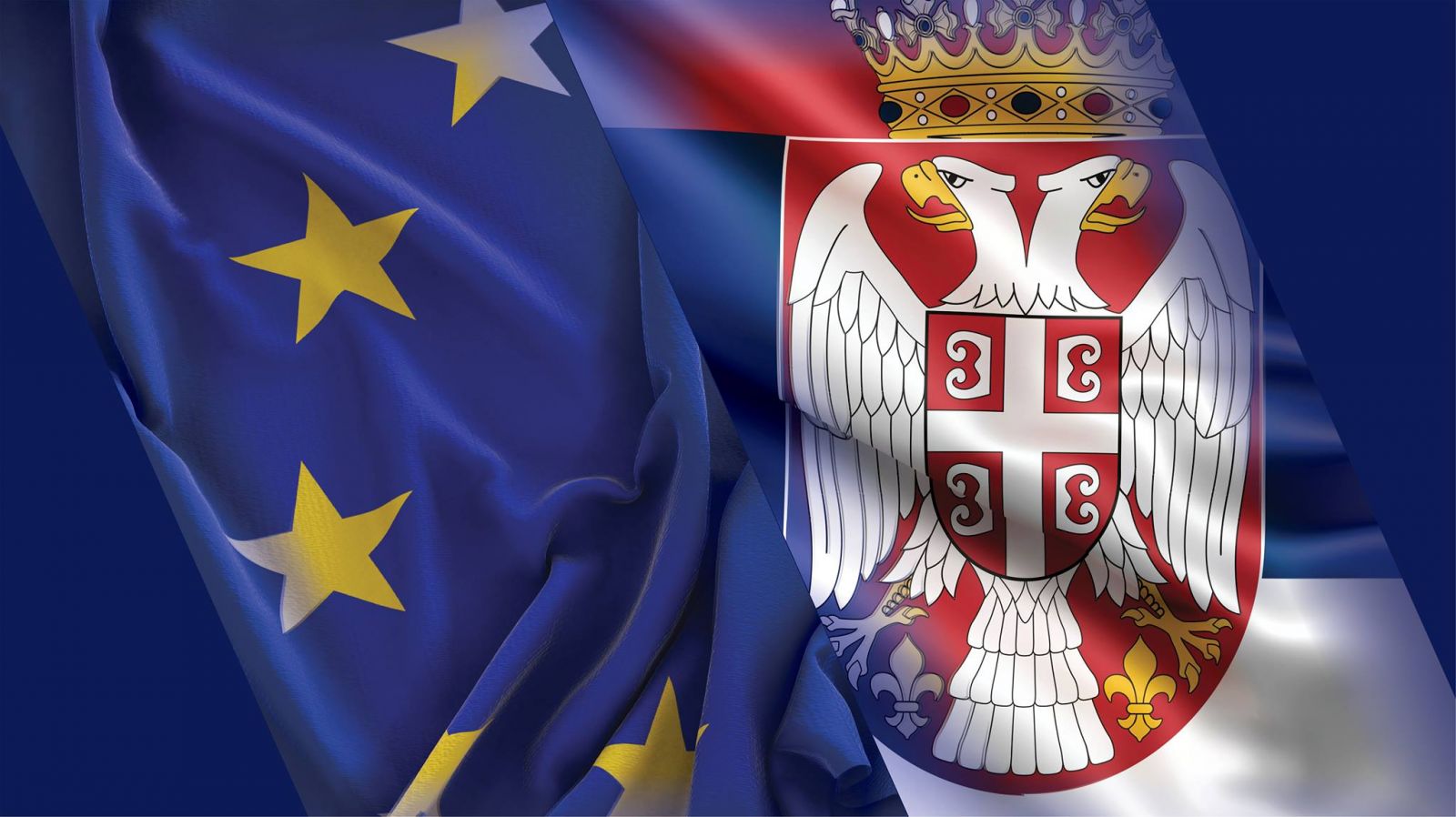
Translation of the Consolidated version of the Treaty on European Union and Treaty on the Functioning of the European Union into the Serbian language has been completed through the joint work of the Ministry of European Integration and the Republic Secretariat for Legislation. The expert revision of the translated text was carried out by a large number of revisers from state authorities and organisations, as well as from the National Bank of Serbia. Representatives of the academic community also participated in this process.
The Treaty on European Union and Treaty on the Functioning of the European Union, along with the Charter of Fundamental Rights of the European Union and the Treaty establishing the European Atomic Energy Community, represent the EU primary legislation that is in force. These treaties are the result of amendments introduced by the Lisbon Treaty of 2008, which resolved the long-lasting crisis in the EU, created in 2005 by the rejection of the draft Treaty establishing a constitution for Europe at the referendums in France and the Netherlands. The Lisbon Treaty entered into force on 1 December 2009, whereby the EU got the President of the European Council and the High Representative for Foreign Affairs and Security Policy, who also acts as the Vice-President of the European Commission. The number of areas where decisions are adopted by a qualified majority increased by around 50 new areas, including legislative and police cooperation, education, and economic policy. Consensus remains necessary for foreign policy, defence, social affairs, taxation and culture. In addition, national parliaments gained more rights to oversee the work of EU institutions. The Lisbon Treaty also refers to the Charter of Fundamental Rights, to which all EU institutions must adhere in their work.





